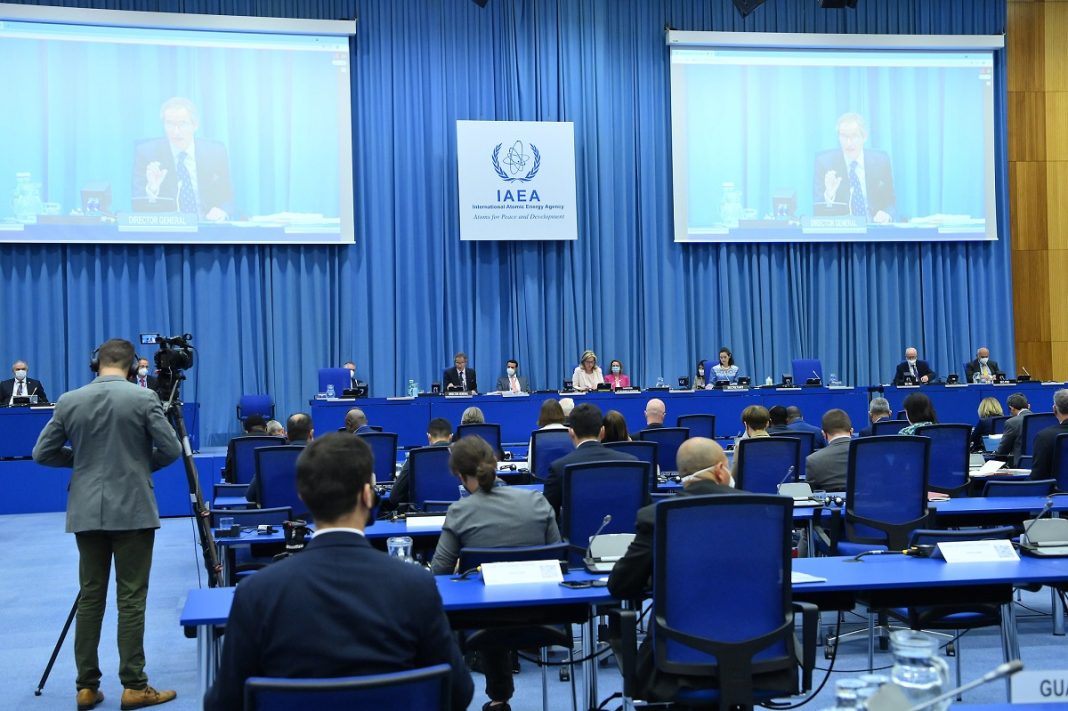In a post on his X account on Sunday, Ulyanov warned against the repercussions of a resolution against Iran ahead of the regular meeting of the IAEA’s Board of Governors.
“The June session of the IAEA Board of Governors will start tomorrow. It doesn’t promise to be quiet,” Ulyanov wrote.
He expressed hope that no resolution against Iran will be approved during the session.
“Such a resolution by definition can’t bring positive results but can seriously deteriorate the situation,” the Russian envoy emphasized.
Board discussions are expected to include, among other issues: verification and monitoring in the Islamic Republic of Iran in light of United Nations Security Council resolution 2231 (2015) and Treaty on the Non-Proliferation of Nuclear Weapons (NPT) Safeguards Agreement with the country.
Three diplomats said on Wednesday that the European parties to the 2015 nuclear deal — Britain, France and Germany — have circulated a draft resolution against Iran ahead of the UN nuclear watchdog’s board meeting and appear determined to push it.
However, reports suggest that the US and its European partners, known as the E3, were divided over the issue, with Washington fearing any resolution could risk further escalation in the region.
Head of the Atomic Energy Organization of Iran (AEOI) Mohammad Eslami said last month that the Islamic Republic will continue to cooperate with the IAEA to resolve disputed issues surrounding its nuclear program. He added that Iran had sorted out almost half of the issues raised by the agency about its nuclear sites.
In November 2022, the US and its European allies ratified a draft resolution which criticized Iran for what it called a lack of cooperation with the agency. Russia and China voted against the motion.
Iran rejected the resolution as politically-motivated, as the country has more facilities under the IAEA supervision and has also allowed more inspections of its nuclear activities by the UN nuclear watchdog than other countries.
